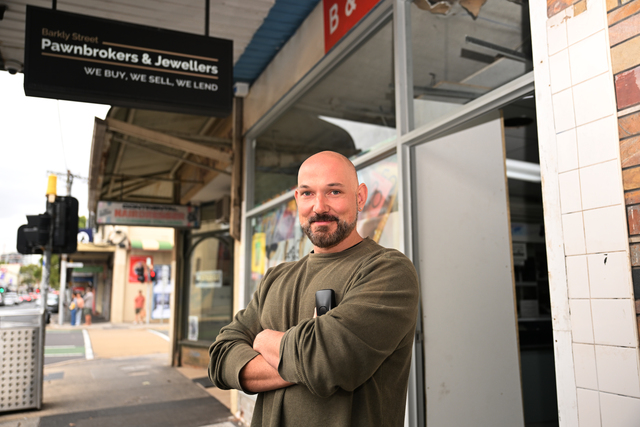A project manager awarded $265,000 for a breach of contract payout has had to pay back more than half of it after racking up a $740,000 phone bill.
County Court of Victoria Judge Maree Kennedy ordered Nickolas John Karantzis to pay back $164,000 to Yarraville sugar refinery Sugar Australia to cover phone and data costs accumulated on a trip to Europe.
Mr Karantzis lost his $25,190 per month role when he and two colleagues had their services terminated by Sugar Australia chief executive Scott Weitemeyer on February 22, 2013.
Mr Weitemeyer alleged Mr Karantzis’s company, Southern Ocean, was not entitled to any termination payments due to “unsatisfactory” service and serious and wilful misconduct, including overcharging, credit card misuse, unauthorised leave, charging renovations on Mr Karantzis’s Richmond home to the company and using company time to develop an online fraud security start-up, Isignthis (later Merchant Protect), with former Sugar Australia chief executive Tim Hart.
Mr Karantzis denied the allegations and sued Sugar Australia for $265,765 in unpaid notice, completion bonuses and annual leave.
The company lodged a $164,160 counterclaim over Mr Karantzis’s use of a company phone after he was sacked.The court heard Mr Karantzis was appointed in August 2007 to oversee the upgrade of the refinery, originally due by November 2008 but blowing out to 2013 after a number of major issues arose with builders Lend Lease.
Lend Lease eventually left the site in May 2011 after allegations it had made “a huge number of mistakes”, including failing to add silicon to concrete and erecting a “crooked” building.
Judge Kennedy found the decision to terminate Mr Karantzis’s contract “arbitrary and capricious”, driven by a desire to take the services “in-house”.
She awarded a $265,765 payout for breach of contract but also found Mr Karantzis was at fault for the $739,610 mobile phone bill from March to May 2013, mostly made up of international data roaming charges. Telstra charged the amount directly to Sugar Australia, which negotiated the bill down to $164,160.36.
Mr Karantzis claimed he had no idea almost $750,000 in charges had been incurred and said he had tried to transfer the phone number to his own name on a $100 prepaid plan.
Judge Kennedy found Mr Karantzis should have been aware that he had exceeded the $100 limit, having made more than 200 phone calls worth more than $2000, on top of the data use, effectively creating “an obligation to pay for his useage of the relevant number”.







